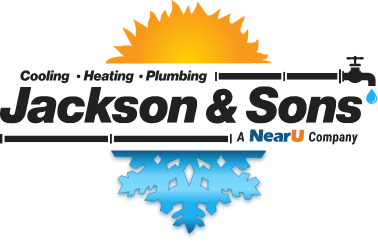
Many air conditioners and heat pumps are split systems: that is, they have both an indoor and an outdoor unit. The two function together to provide you with the heating and cooling you need. But are they well suited to work together?
In order for your system to work properly, the units need to be properly matched. But what makes a properly matched system, and what can happen if it’s not?
System Differences
A properly matched system is when the size and capacity of the indoor unit are the same as the outdoor unit. So how do they become unmatched? When your HVAC system was first purchased and installed, the two units probably matched perfectly. But maybe one wore out before the other and was replaced with a higher capacity unit. Or maybe the initial installation was shoddy, and they never matched. Whatever the reason for it, a mismatched system can cause significant problems.
Say you have an indoor unit that’s 10 SEER and an outdoor unit that’s 13 SEER. Not only will the two not work well together, their overall efficiency reduces dramatically, dropping to just over 8 SEER. Not only do you end up spending more money and energy to cool your home, you also put additional stress on your system, which can lead to compressor failure and a significantly shorter lifespan.
Ensuring a Properly Matched System
Due to these and other problems, it’s essential that you make sure your indoor and outdoor units are properly matched. Fortunately, the cooling season is starting, so you’re about due for your spring HVAC maintenance visit.
Call your technician and ask them to check and see if your units are properly matched. If they aren’t, the technician can advise you on what to do and help you find a more efficient system with units that are properly sized for your home and designed to work together to keep you cool and comfortable all season long.
To make sure you have a properly matched system in your home, contact us at Jackson & Sons. We’re Eastern North Carolina’s source for quality HVAC solutions.
Jackson & Sons, Inc.
Our goal is to help educate our customers in Eastern North Carolina (including Wayne, Johnston, Greene, Lenoir, Pitt and Duplin Counties) about energy and home comfort issues (specific to HVAC systems).
Credit/Copyright Attribution: “Pixabay_Alexas Fotos”

